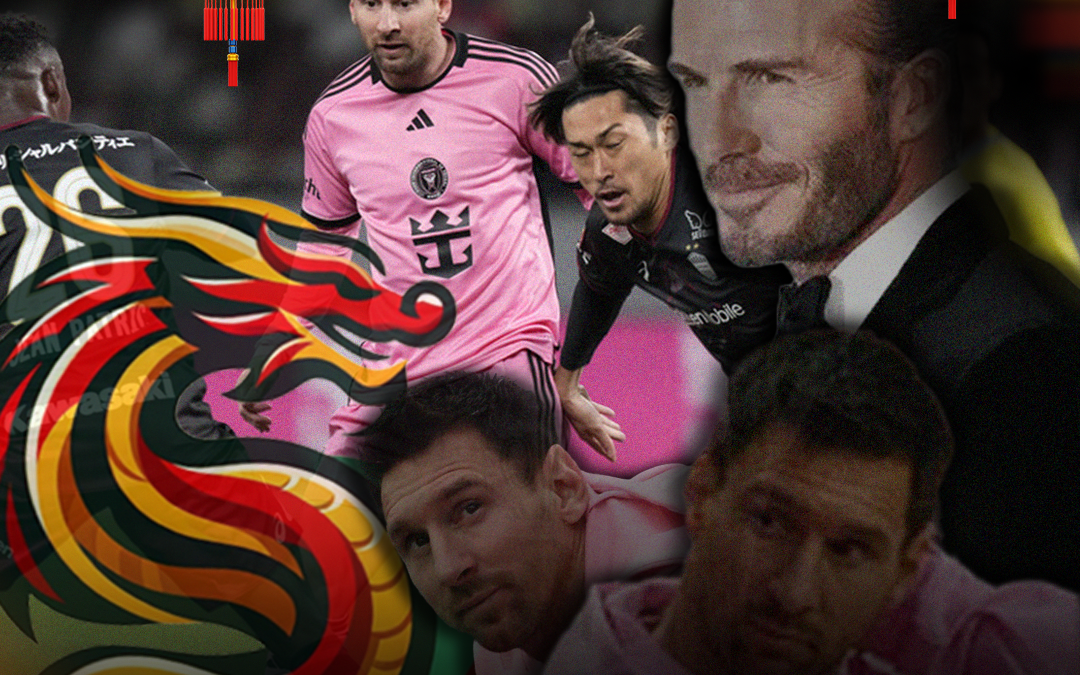In a recent turn of events that’s sparked more than just sporting controversy, Lionel Messi found himself at the center of a geopolitical storm. The Argentine wizard, famed for his on-field magic, played in a Japan friendly for Inter Miami, right after missing a match in Hong Kong. This decision left Chinese fans more than just disappointed; it sparked a wave of anger and conspiracy theories.
The situation escalated when the state-run Global Times accused Messi and his club of having political motives, aiming to embarrass Hong Kong. It’s a bold claim, one that Gary Neville would argue needs to be scrutinized beyond the surface-level drama. Neville would stress the importance of understanding the context – football isn’t just a game; it often reflects deeper societal and political undercurrents.
Messi’s benching during the Hong Kong game due to an alleged injury raised eyebrows, especially when he appeared fit for the subsequent match in Tokyo. Neville would likely question the communication and decision-making process of Messi’s team, highlighting the need for transparency in such high-profile scenarios.
The reaction in Hong Kong was palpable. Around 38,000 fans who had paid hefty sums were left frustrated, some even booing and demanding refunds when David Beckham, the co-owner of Inter Miami, tried to placate the crowd. This kind of fan reaction, Neville would argue, reflects the deep emotional investment and the expectations fans have from star players like Messi.
It’s a stark contrast to last year’s reception in Beijing, where Messi was celebrated like a rock star. Neville would note the fickle nature of fame and the delicate balance public figures must maintain in the global spotlight. The backlash from Hong Kong officials, including strong words from lawmaker Regina Ip, adds another layer to this saga, reflecting the intertwined nature of sports, politics, and public sentiment.
For Neville, Messi’s absence in Hong Kong and the subsequent uproar isn’t just a simple case of a missed football match. It’s a reflection of the complex relationship between sports stars, their global fan base, and the political landscape they inadvertently navigate. Neville would likely conclude by emphasizing the need for sports figures to be acutely aware of their influence and the broader implications of their actions, both on and off the field.









